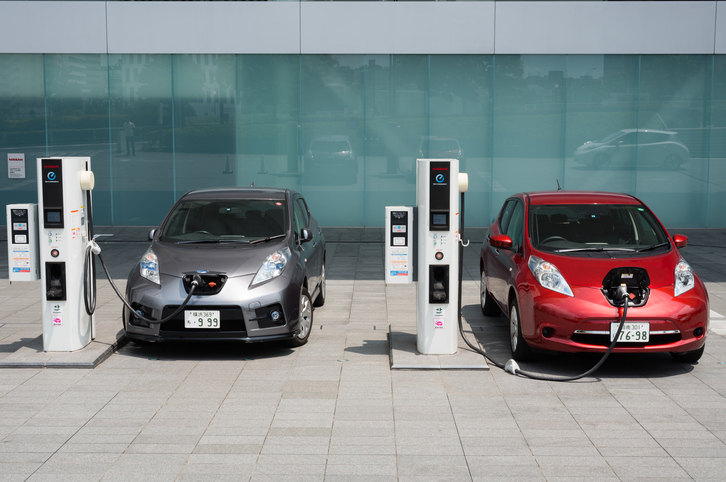From Vacuums to EVs: Dyson’s Big Move Explained for Pros with Careers in the Auto Industry

Have you heard of Dyson vacuum cleaners before? Their sleek designs, signature ball base, and reputation for quality have made these products household names and favourites among consumers. So it might come as a surprise to hear that the company’s founder and namesake James Dyson has recently announced that the company has begun to develop its very own “radically different” electric vehicle (EV).
What does this mean for auto mechanic students? Continue reading to learn more about the announcement, and what its implications could be for students in mechanic training.
Solving Emissions Problems Has Been a Long-time Goal of Dyson’s
According to Dyson, he has been preoccupied with engine emissions since the 1980s, and during the 1990s the company developed prototypes for a cyclonic filter that could trap exhaust particles and reduce harmful vehicle pollution. However, as students in auto mechanic training know, emissions are an integral part of how internal combustion engines function—fuel could not be processed without also creating these emissions!
This is part of the reason behind Dyson’s shift from filtering emissions to developing an engine that doesn’t create them in the first place.
The Dyson Design Promises New Frontiers for Those With Careers in the Auto Industry
What is particularly interesting about Dyson’s announcement is that most other players in the EV market are already auto manufacturers. Dyson, on the other hand, is best known for vacuum cleaners and its new hairdryer line. While this might make some professionals skeptical of the company’s ability to manufacture a quality vehicle, it also suggests that they are likely to take an innovative approach made possible by the company’s outsider perspective.
While it’ll be a long time before specs for Dyson’s EV will be out, there are already some rumours about the kind of battery these cars will contain. Some are saying that instead of opting for the lithium-ion batteries traditionally seen in EVs, Dyson will go in a different direction. Already the company is working on creating solid-state batteries, which are known to charge faster as well as hold charges for longer than lithium-ion batteries. If this technology pans out in the way Dyson is hoping, some claim it could lead to EV batteries capable of going over 900 kilometres on a single charge.
Dyson has also noted that its radical new EV design is not likely to be cheap—for now, the company is prioritizing innovation over economy. For a student who has just completed a mechanic certification program, this might mean that they will not see a Dyson car on the job anytime soon. However, it still means that the future of EVs is rapidly changing, and that new auto mechanics will be on the front lines to see the results.
The Dyson Announcement Shows Increased EV Competition
Another important thing to note about the entrance of Dyson into the EV sphere is what this signals about competition among EV designers and manufacturers. With more and more major companies attempting to develop their own designs—including Tesla, GM, and Volvo, to name a few—Dyson’s entrance into the ring is further evidence that EVs are on the rise. For students who are just starting their careers in the auto industry, it could mean that more and more EVs from a variety of different brands will roll into repair shops as they become even more popular than they are today.
Are you passionate about the future of auto mechanics?
Contact us at Auto Training Centres to learn more about qualifying for an auto mechanic apprenticeship!


